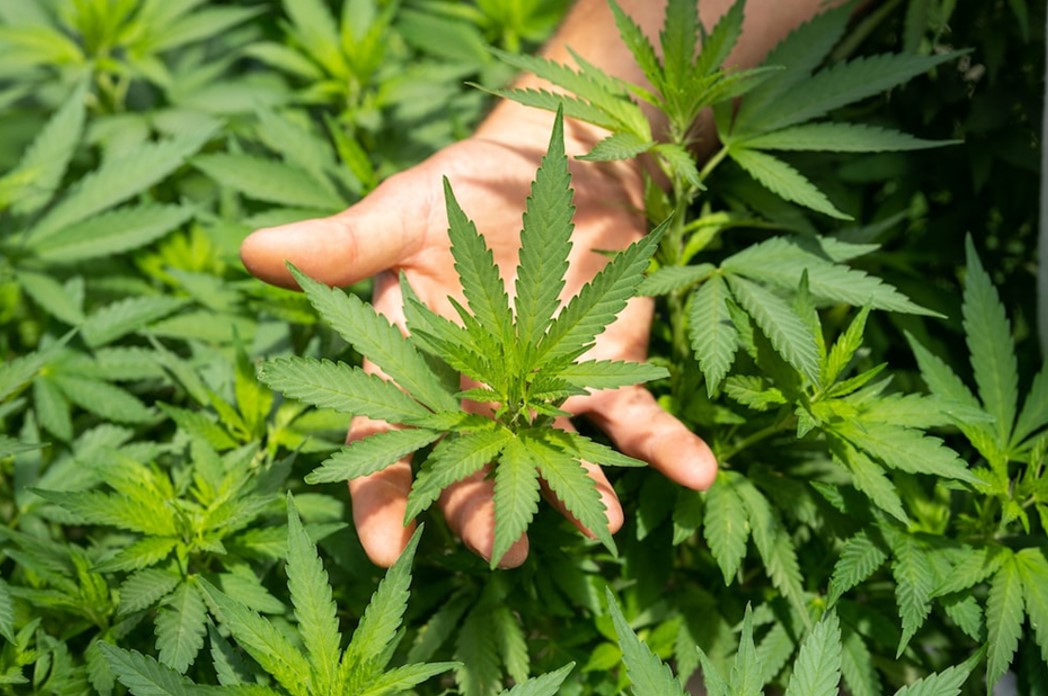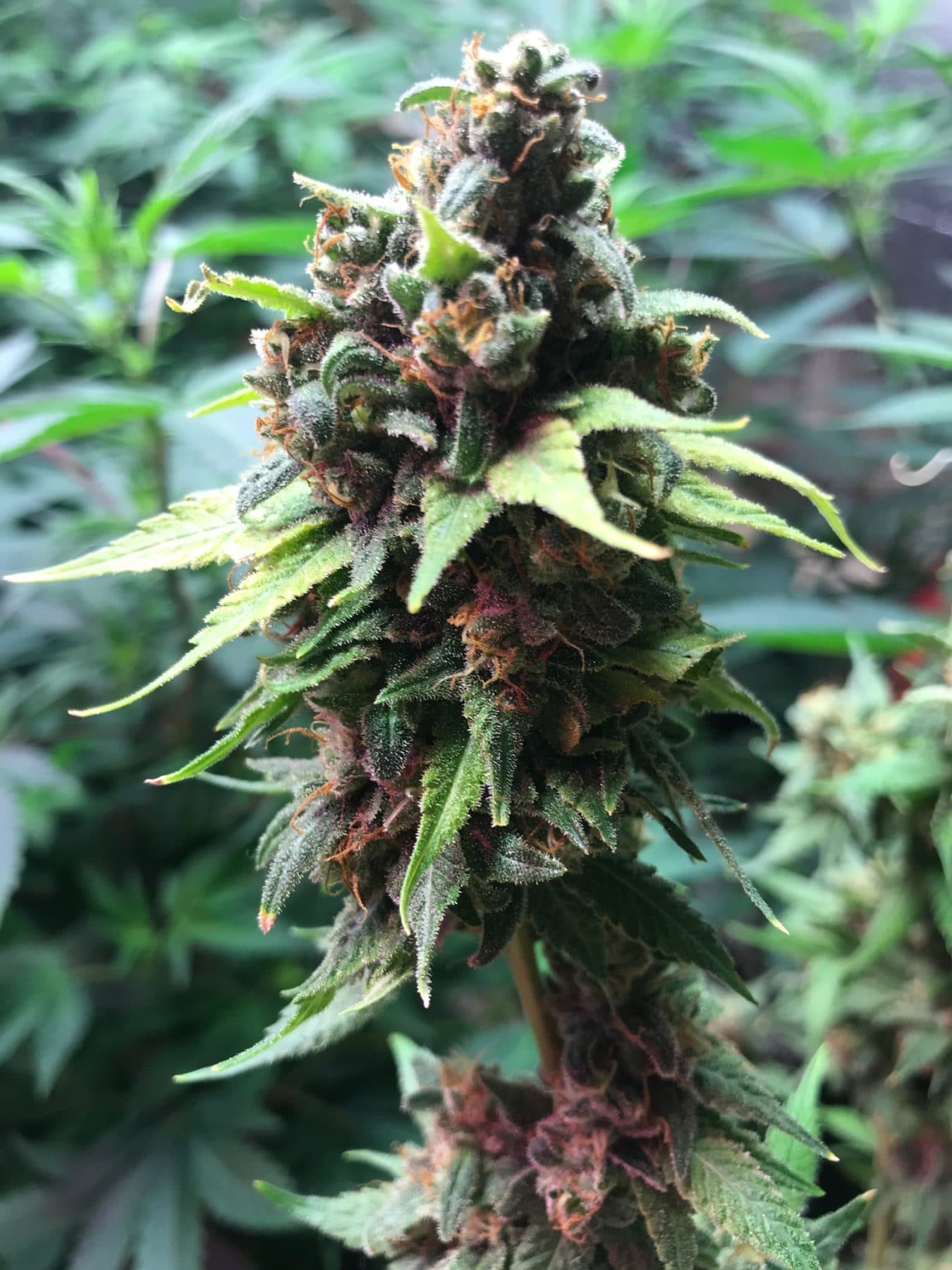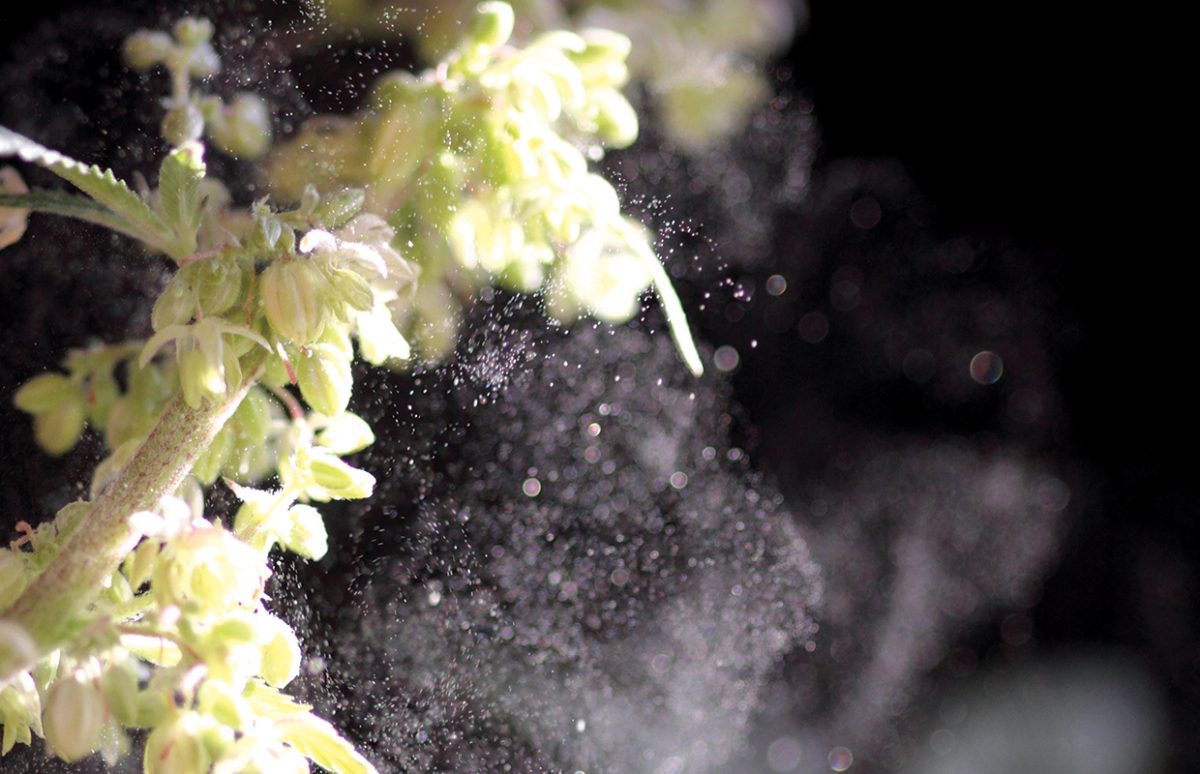In recent years, the legalization and decriminalization of cannabis in various parts of the world have sparked intense debate surrounding its potential benefits and drawbacks, thus, Exploring the Mental Consequences of Using Cannabis is really important.
While proponents highlight its therapeutic potential, critics raise concerns about its impact on mental health. This article delves into the mental consequences of using cannabis, shedding light on its effects on cognition, mood, and overall mental well-being.

Understanding Cannabis
Cannabis, commonly known as marijuana, is a psychoactive drug derived from the Cannabis sativa plant. It contains over 100 different chemical compounds, with tetrahydrocannabinol (THC) and cannabidiol (CBD) being the most well-known. THC is primarily responsible for the euphoric effects associated with cannabis use, while CBD is believed to have potential therapeutic properties without causing intoxication.
The Impact on Cognitive Function
One of the most debated aspects of cannabis use is its effect on cognitive function. Research suggests that acute cannabis intoxication can impair various cognitive abilities, including memory, attention, and decision-making. Chronic use, especially during adolescence when the brain is still developing, may lead to long-term cognitive deficits. Studies have shown that heavy cannabis use in adolescence is associated with lower IQ scores and decreased cognitive performance in tasks requiring complex cognitive processing.
Furthermore, individuals who start using cannabis at a young age and continue using it regularly may be at a higher risk of experiencing cognitive decline later in life. This is particularly concerning given that the frontal regions of the brain, which are crucial for decision-making and impulse control, continue to develop into early adulthood.

The Link to Psychiatric Disorders
Another area of concern regarding cannabis use is its potential to exacerbate or trigger psychiatric disorders. While some users report experiencing temporary relief from symptoms such as anxiety or depression, there is evidence to suggest that cannabis use can actually increase the risk of developing these disorders, especially among vulnerable individuals.
For instance, frequent cannabis use has been linked to an increased likelihood of developing psychosis, particularly in those with a predisposition to psychotic disorders such as schizophrenia. The exact mechanism underlying this association is not fully understood, but it is believed that THC, the psychoactive component of cannabis, may contribute to the onset of psychotic symptoms by disrupting the brain’s dopamine system.
Additionally, cannabis use has been implicated in the development of other psychiatric conditions, including bipolar disorder and social anxiety disorder. Some research suggests that individuals with a history of trauma may be more susceptible to the negative effects of cannabis on mental health, highlighting the importance of considering individual differences in vulnerability when assessing the risks associated with cannabis use.

The Role of Cannabis Use Disorder
Cannabis use disorder (CUD), characterized by problematic cannabis use that leads to clinically significant impairment or distress, is another important consideration when examining the mental consequences of cannabis use. Like other substance use disorders, CUD is associated with a range of negative outcomes, including impaired functioning in various areas of life, withdrawal symptoms upon cessation of use, and an increased risk of psychiatric comorbidity.
Individuals with CUD may find it difficult to control their cannabis use despite experiencing adverse consequences, such as relationship problems, legal issues, or negative effects on their physical and mental health. Treatment options for CUD typically include behavioral interventions, such as cognitive-behavioral therapy, and in some cases, pharmacotherapy to manage withdrawal symptoms and cravings.
Mitigating the Risks
While the mental consequences of cannabis use are a cause for concern, it is essential to recognize that not all individuals who use cannabis will experience negative outcomes. Factors such as the frequency and quantity of use, age of onset, and individual susceptibility play a significant role in determining the impact of cannabis on mental health.
Moreover, the legalization and regulation of cannabis in some jurisdictions have led to increased access to products with known potency and purity, which may help mitigate some of the risks associated with unregulated cannabis use. Public health campaigns aimed at raising awareness about the potential harms of cannabis use, particularly among young people, are also essential for minimizing the prevalence of problematic use and its associated consequences.

Conclusion
In conclusion, the mental consequences of using cannabis are multifaceted and complex. While some individuals may use cannabis without experiencing significant adverse effects, others may be at risk of cognitive impairment, psychiatric disorders, or cannabis use disorder. Understanding the factors that contribute to these outcomes is crucial for developing targeted interventions and public health strategies to minimize the potential harms associated with cannabis use. By promoting responsible use and providing support for those who may be struggling with cannabis-related issues, we can strive to create a healthier and safer environment for individuals who choose to use cannabis.
Please Share This Important Article


 Cannabis News1 year ago
Cannabis News1 year ago
 One-Hit Wonders1 year ago
One-Hit Wonders1 year ago
 drug testing5 months ago
drug testing5 months ago
 Cannabis 1011 year ago
Cannabis 1011 year ago
 Marijuana Business Daily1 year ago
Marijuana Business Daily1 year ago
 Education1 year ago
Education1 year ago
 Education1 year ago
Education1 year ago
 Cannabis1 year ago
Cannabis1 year ago

























